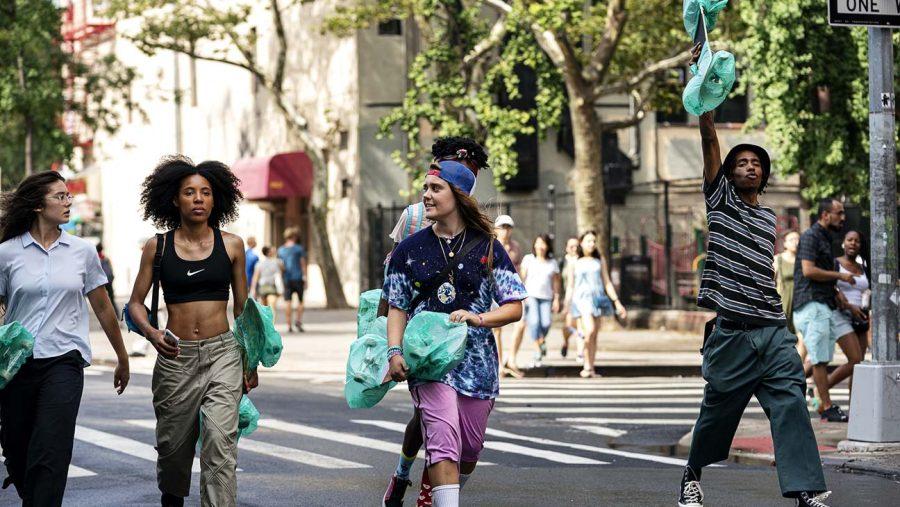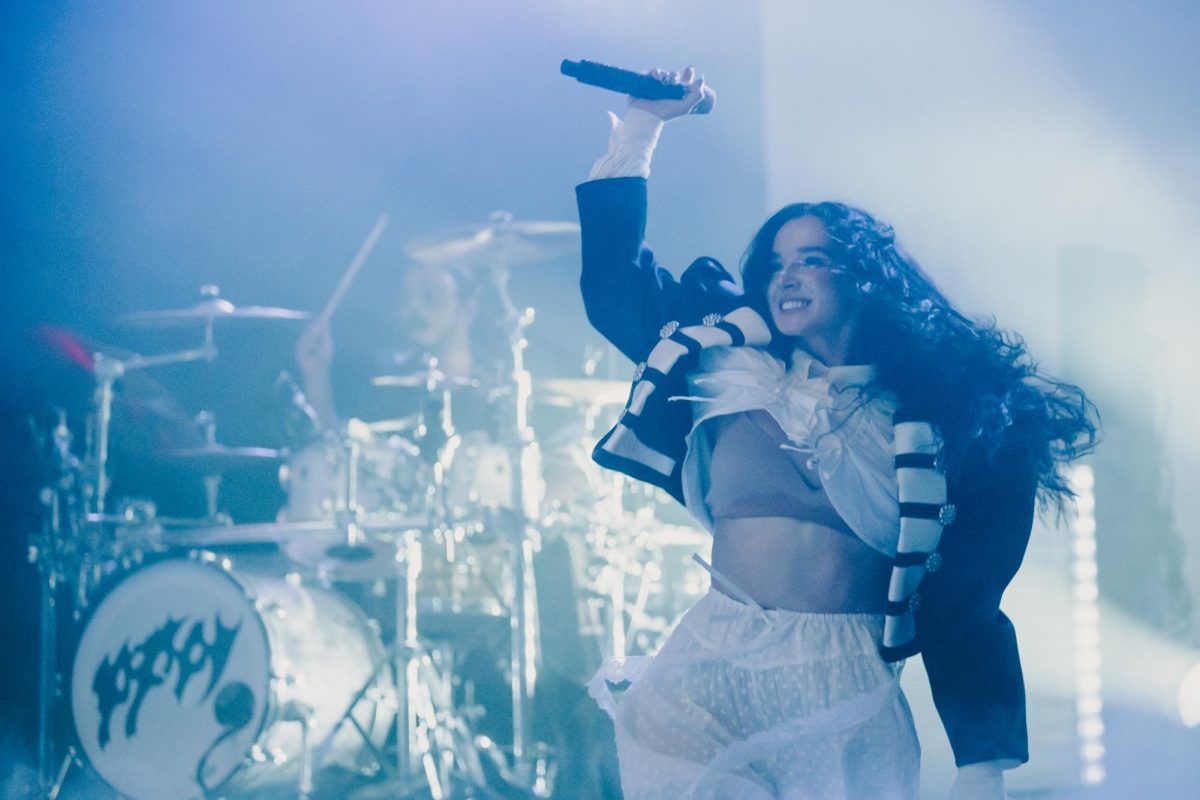There is nothing more refreshing than a show displaying women taking over a male-dominated pastime.
At the beginning of the summer, HBO released “Betty,” a new television series about a group of women trying to break into the male-dominated world of skate culture in New York City. Crystal Moselle discovered Kirt (Nina Moran) and Camille (Rachelle Vinberg) while riding the public transport in NYC. Moselle asked the girls for their “story,” eventually launching the development of “Miu Miu Women’s Tales #12,” a short film following Vinberg’s break into the skate scene. Soon after came “Skate Kitchen,” a full length film of Vinberg’s tale, and then finally “Betty.”
The show’s name, “Betty,” comes from a popular derogatory term used by male skaters to put down female skaters, and the content of the show is based on the actual experiences of these women in their New York skateboarding group called The Skate Kitchen. The Skate Kitchen received its name from the women of NYC skating culture as an act of reclaiming the derogatory phrase “go back to the kitchen.” This third development of the Skate Kitchen world by Moselle takes a deeper look into more diverse storylines of the many different women of skate culture.
Moselle revolves the plot of the show around a group of diverse women who are equally as talented as the heroine: Kirt, Indigo, Honeybear, Janay, Camille, and more. Each woman within the show is made to highlight a specific aspect of the myriad of different reactions a woman trying to break into the skate world experiences. Not only this, but the show also includes the diverse issues that women face day to day, such as sexual abuse and discrimination. Moselle easily weaves these complex issues into the plot, flawlessly writing in topics such as sexuality as a spectrum, police brutality and abuse, the drug world and its intersectionality with New York culture, and racial privilege and how that affects relationships. While providing a personal look into the true nature of NYC life, “Betty” also unveils many hardships that usually do not find themselves displayed in modern television.
The content of “Betty” is not the only major drawing point for the show; the fashion and costume design breaks traditional costuming and gives an inside look into the streetwear of NYC life. Most of the outfits the girls of “Betty” adorn straddle the line between masculinity and femininity. From baggy pants and Nike’s one day to crop tops and skirts another, these women break the societal standards of ‘appropriate’ clothing choices. With the additive of bright colors and mixed textures and patterns, the clothing design captures the eyes.
“Betty” features a full cast of Instagram models who live and experience the New York skate scene everyday. With this comes authenticity of the content of the show, and also acting that wouldn’t be considered completely flawless. These women act as if they are talking to their friends, complete with awkward pauses or phrasing while conversing. Where some people might find this aspect of the show frustrating to watch, others see it as a refreshing display of character and reality within a show that is written, casted, and produced. These women are living the written plot, and deliver it the way they would within their actual lives. The acting grounds the show in reality, making the plot and characters more relatable and obtainable to the audience.
“Betty” is a new look into the traditionally male-dominated skateboarding world. With inclusionary content, unapologetic displays of difficult-to-navigate issues, and creative costume design, “Betty” is for anyone who is bored of the mainstream plethora of shows and ready for a show that truly tests the status quo.
Grade: A-
Created By: Crystal Moselle
Starring: Nina Moran, Adrelia Lovelace, Kabrina Adams
Release Date: May 1, 2020
Rated: Rated TV-MA
Image Courtesy of Hollywood Reporter.









beetv • Sep 9, 2020 at 3:27 am
I just love the way betty was directed, it gives me confidence while watching being a girl, thanks to the director.